
By Apoorva Mandavilli from NYT Health https://ift.tt/b2OefYl





If you’re a schizophrenia caregiver, communication with your loved one's doctors is important. Learn how to stay in the loop.

When you message your health care provider about an appointment, a prescription refill, or to answer a question, is artificial intelligence or a person actually answering? In some cases, it’s hard to tell.



Heart failure hits Black and Hispanic communities hardest. Here’s why -- and the changes that can help.





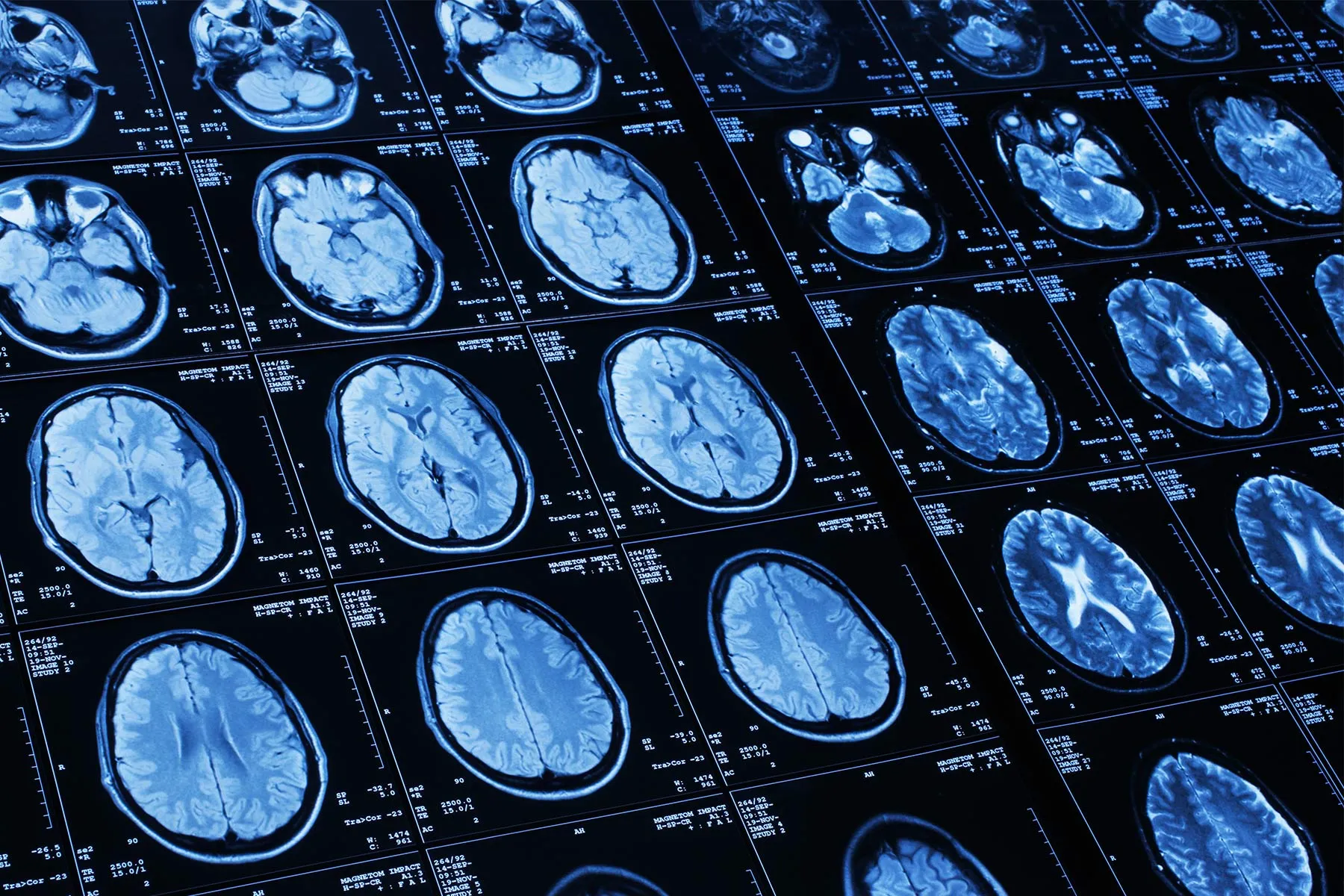
The risk of having a stroke, and dying of one, is higher for Black Americans than for other racial and ethnic groups. Find out why – and what helps prevent strokes.
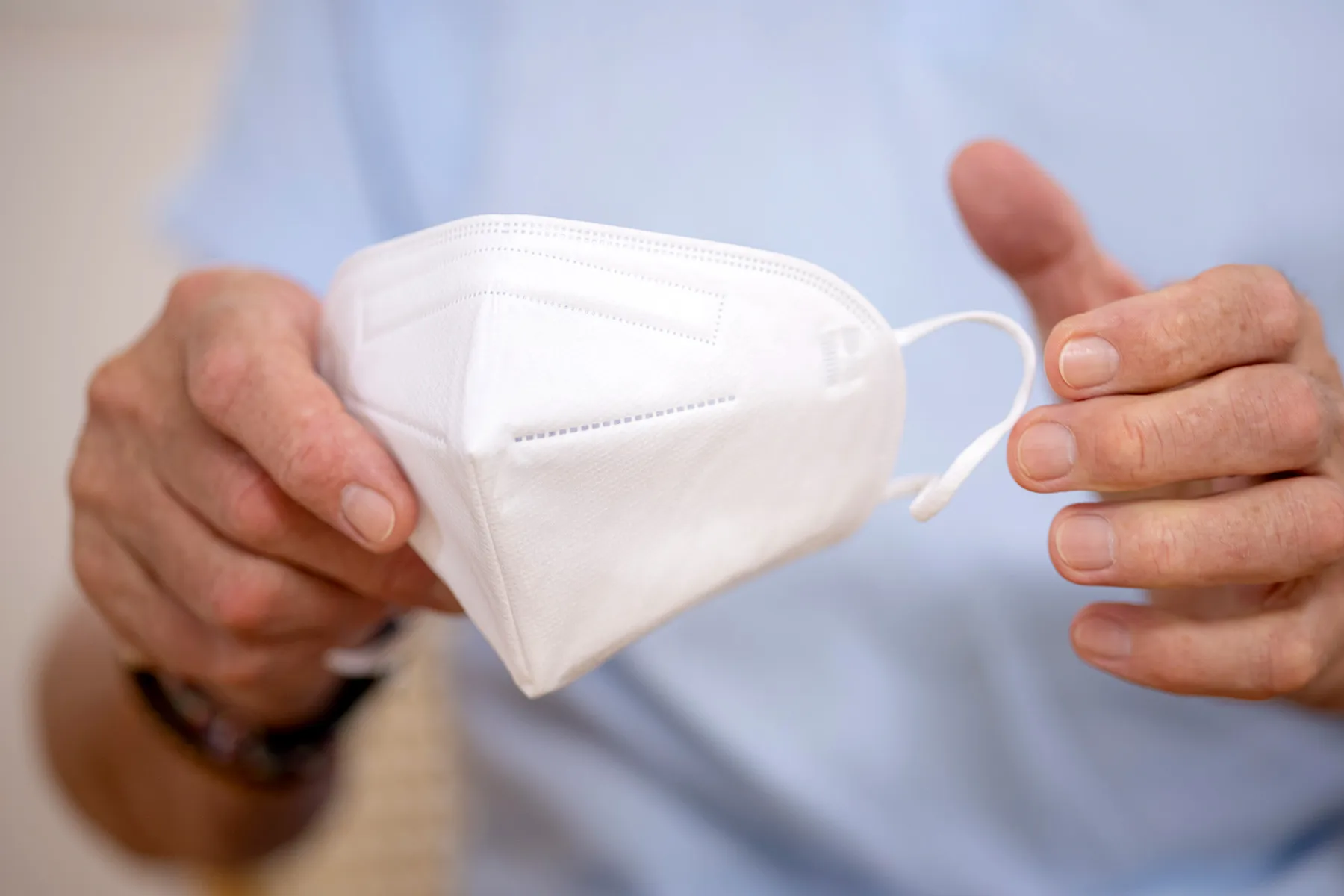
The agency appears to be walking a fine line between reducing COVID transmission, including the JN.1 variant, and the reality that many people struggle to forgo work or school for days at a time.
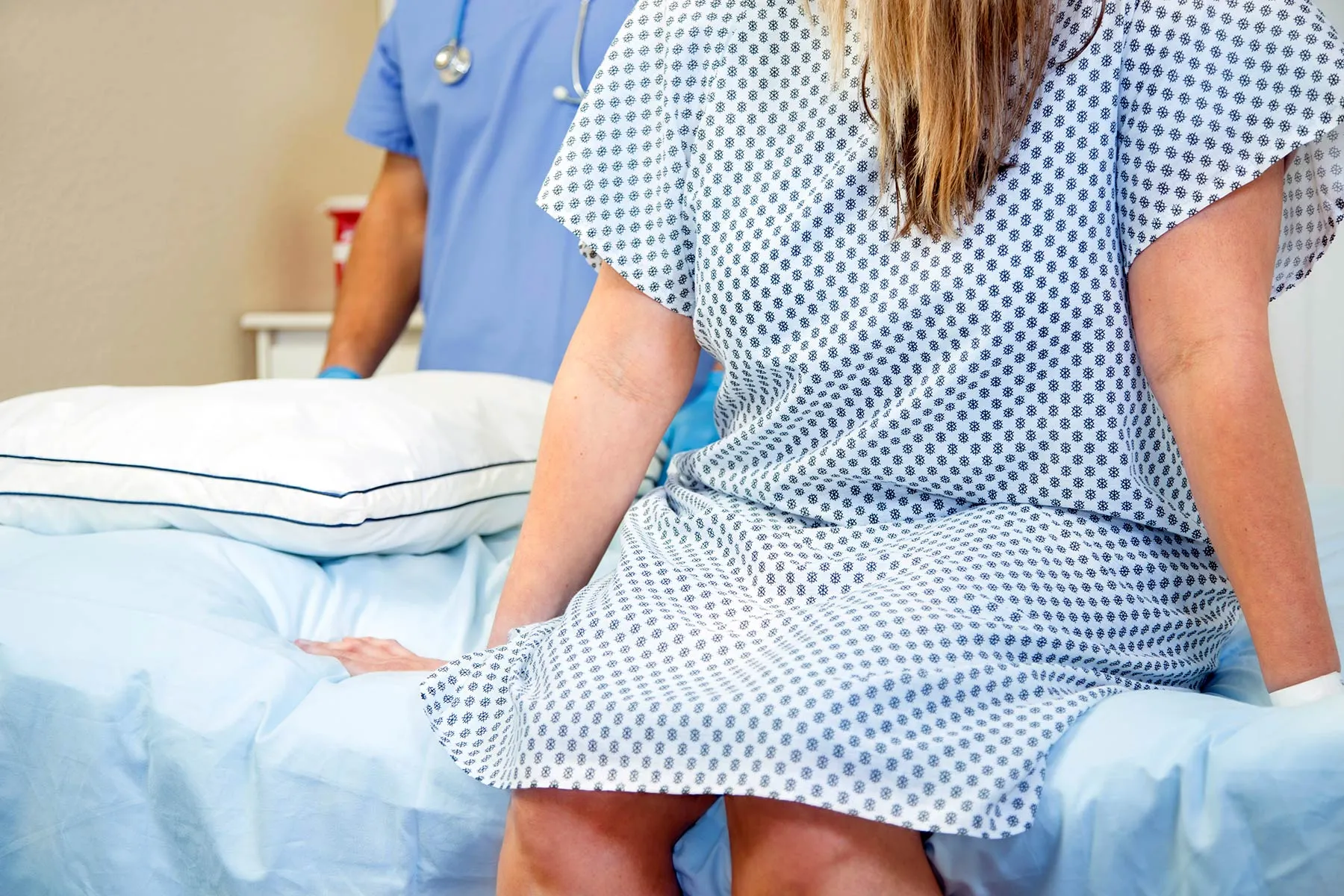
B-cell therapy treats MS by targeting cells that can damage nerves in your brain and spinal cord. Learn more about this promising MS treatment.

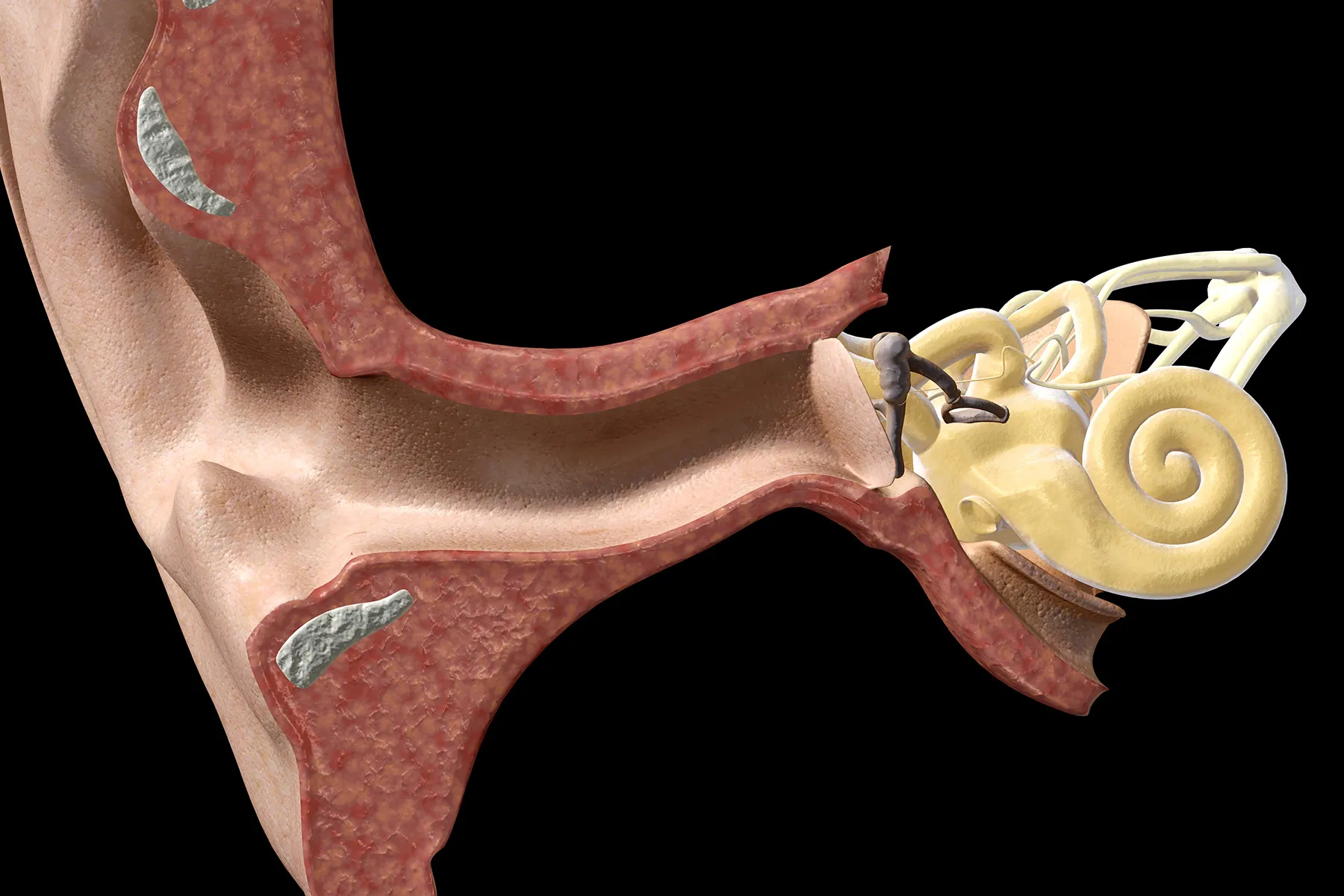
Experts say that resistance to treatment is deeply rooted in stigma. We’re more likely to ignore hearing loss because of its connection with old age and the clunky hearing aids we remember our grandparents wearing in our youth.

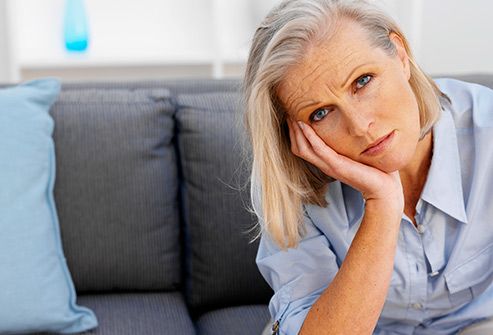
WebMD explains conditions that might cause you to feel sluggish during the day, such as anemia, thyroid trouble, sleep apnea, diabetes, heart disease, depression, and menopause.
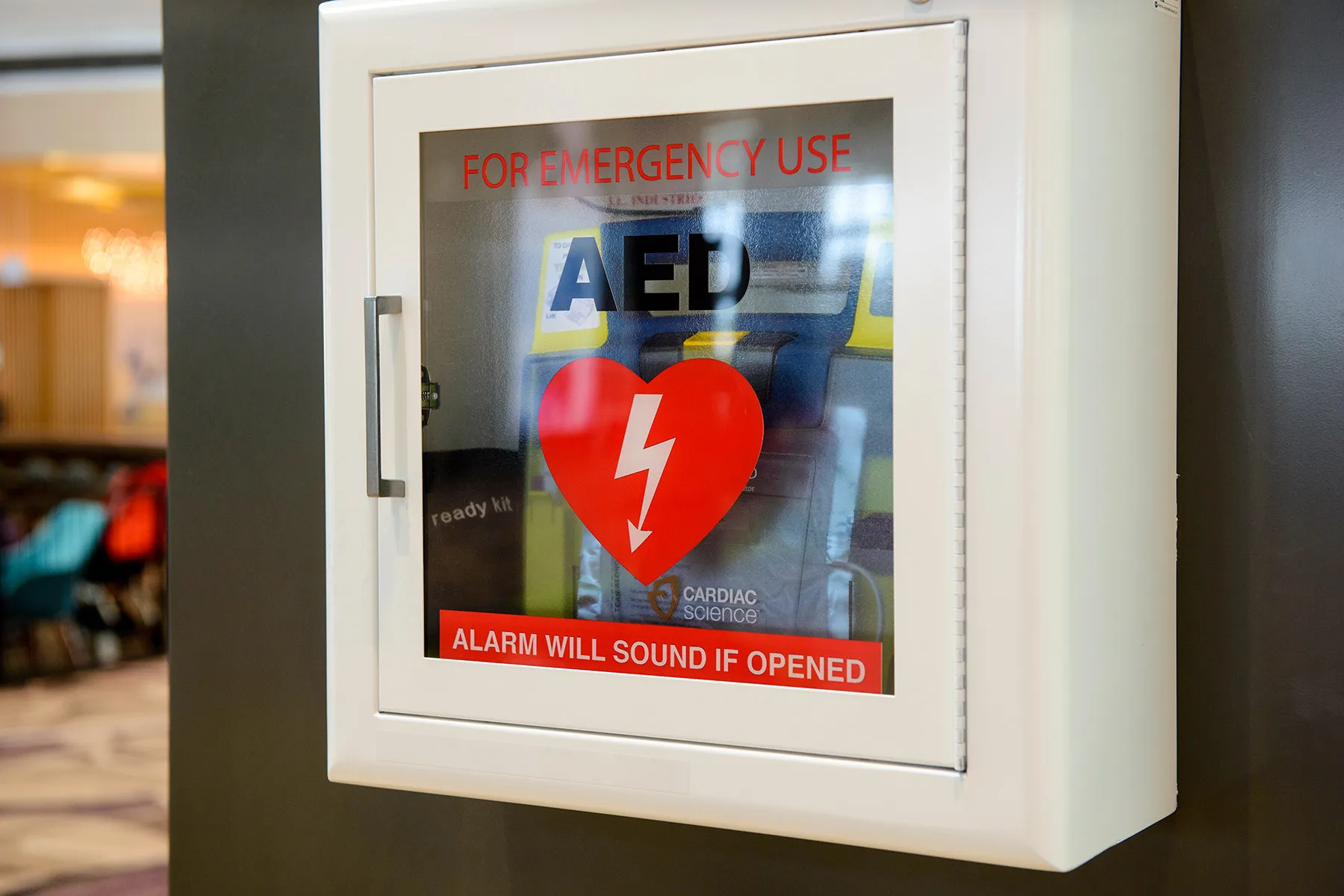
All airports in the U.S. – and other public places where large groups tend to gather – are required by law to have AEDs. They are often red and kept in a white metal box attached to a wall.
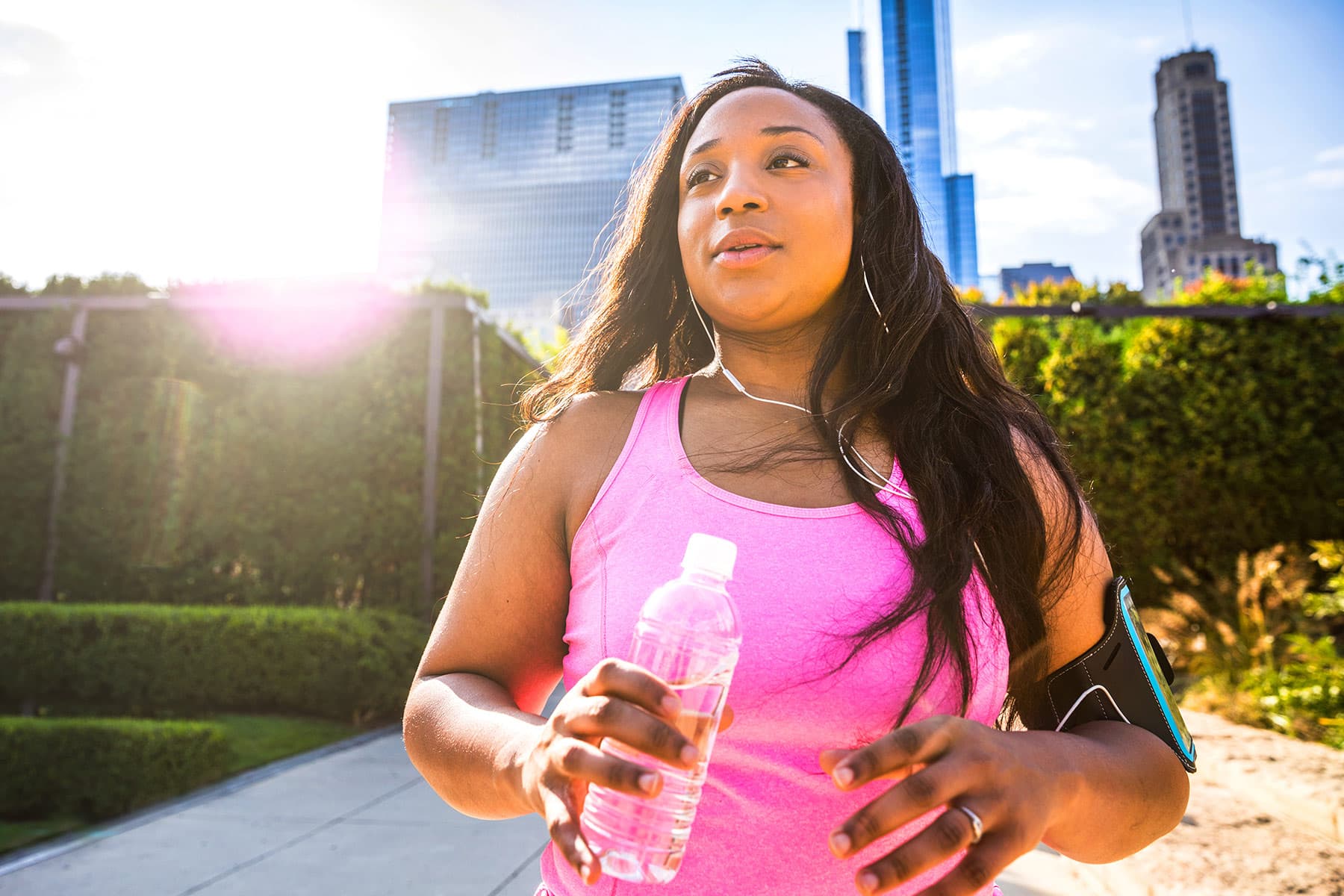
Women who spend the same amount of time on a treadmill, playing pickleball or just taking a brisk walk derive more lifesaving benefits from the exercise than men, according to a large new study

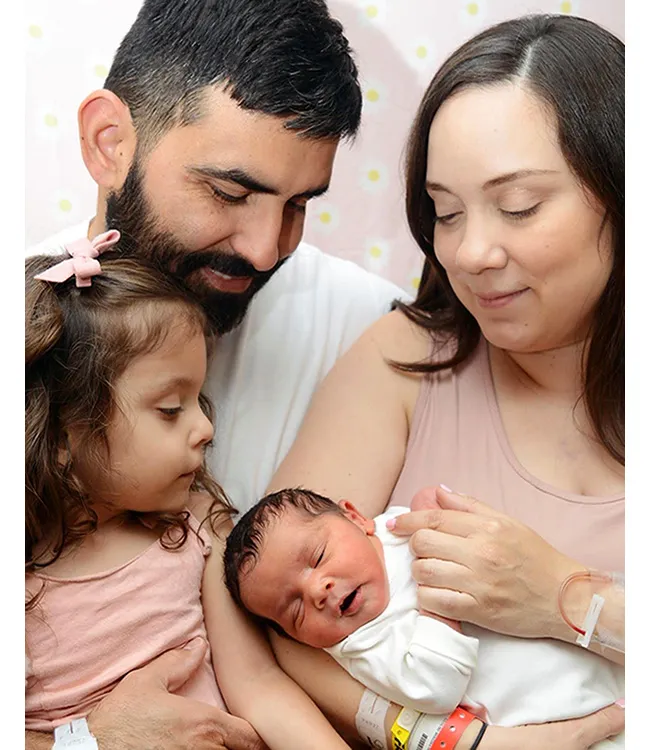
New data shows that Latina women with high blood pressure during pregnancy face a greater chance of heart problems. What is causing the complication, and how can you lower your risk?

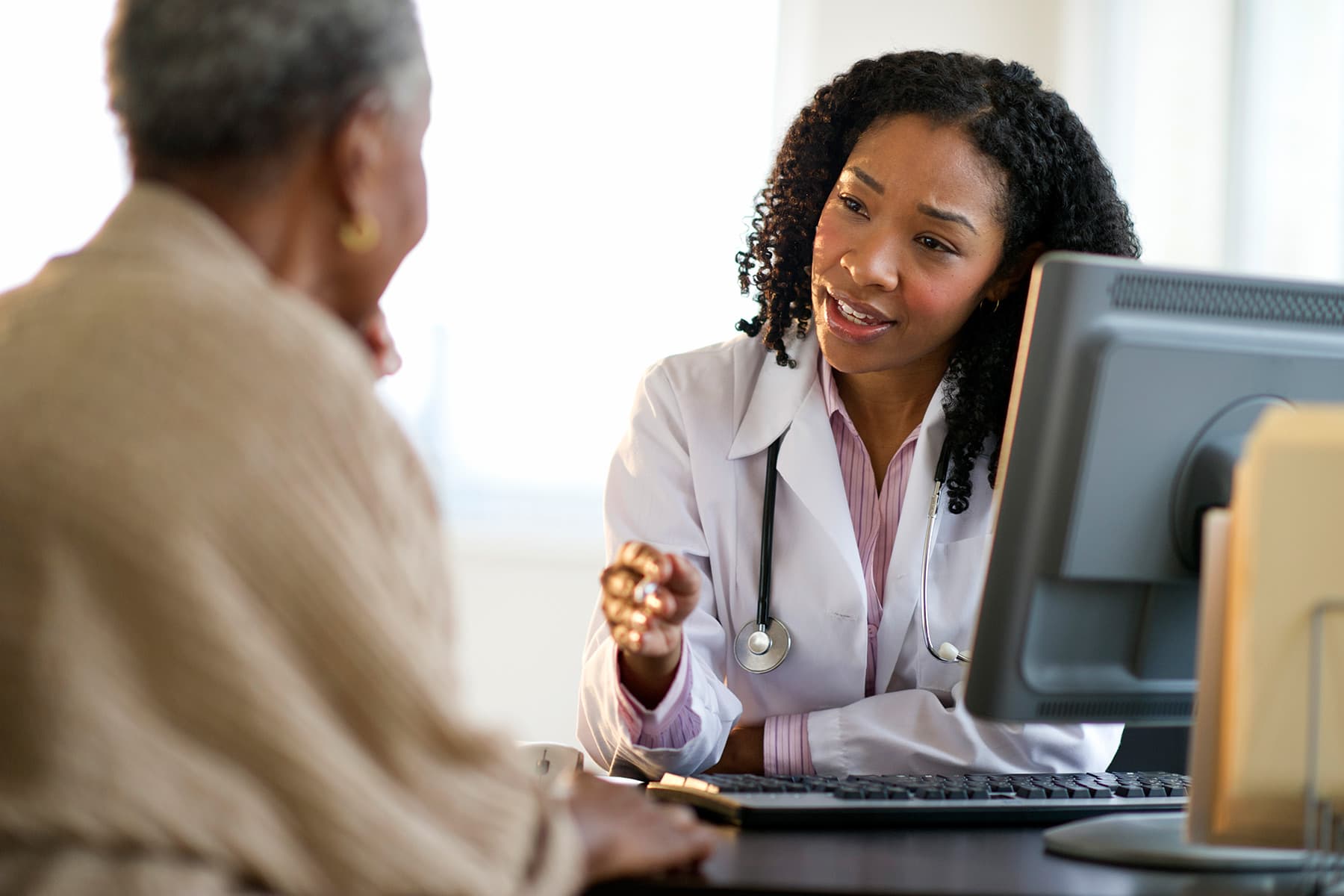
A new Hartford Foundation study shows age-friendly health care should center on memory, mobility, medications, and what matters to older adults.
Actor Shailene Woodley shares her story of how she copes with scoliosis.
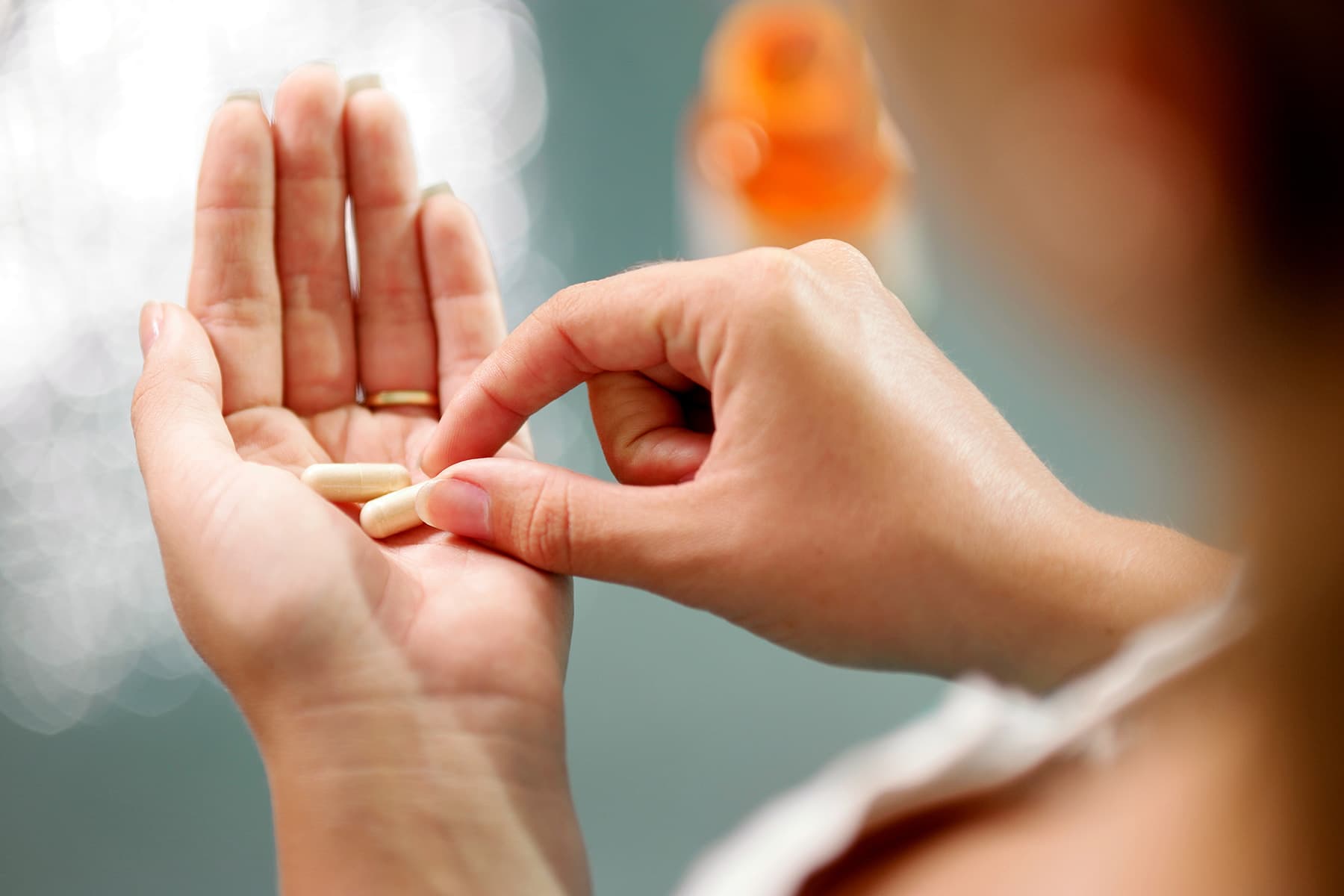
Keeping psoriasis in check can be a challenge. Here’s how to tell if your treatment is working and what to do when it’s not.




Sperm donors aren’t always anonymous anymore. Read about how DNA testing and tech are upending sperm bank donation anonymity.
WebMD has tips to keep medication side effects from putting a damper on your life.

Did you know that your keyboard may contain more bacteria than your toilet seat? Here's what to know about keyboard hygiene in the digital age.

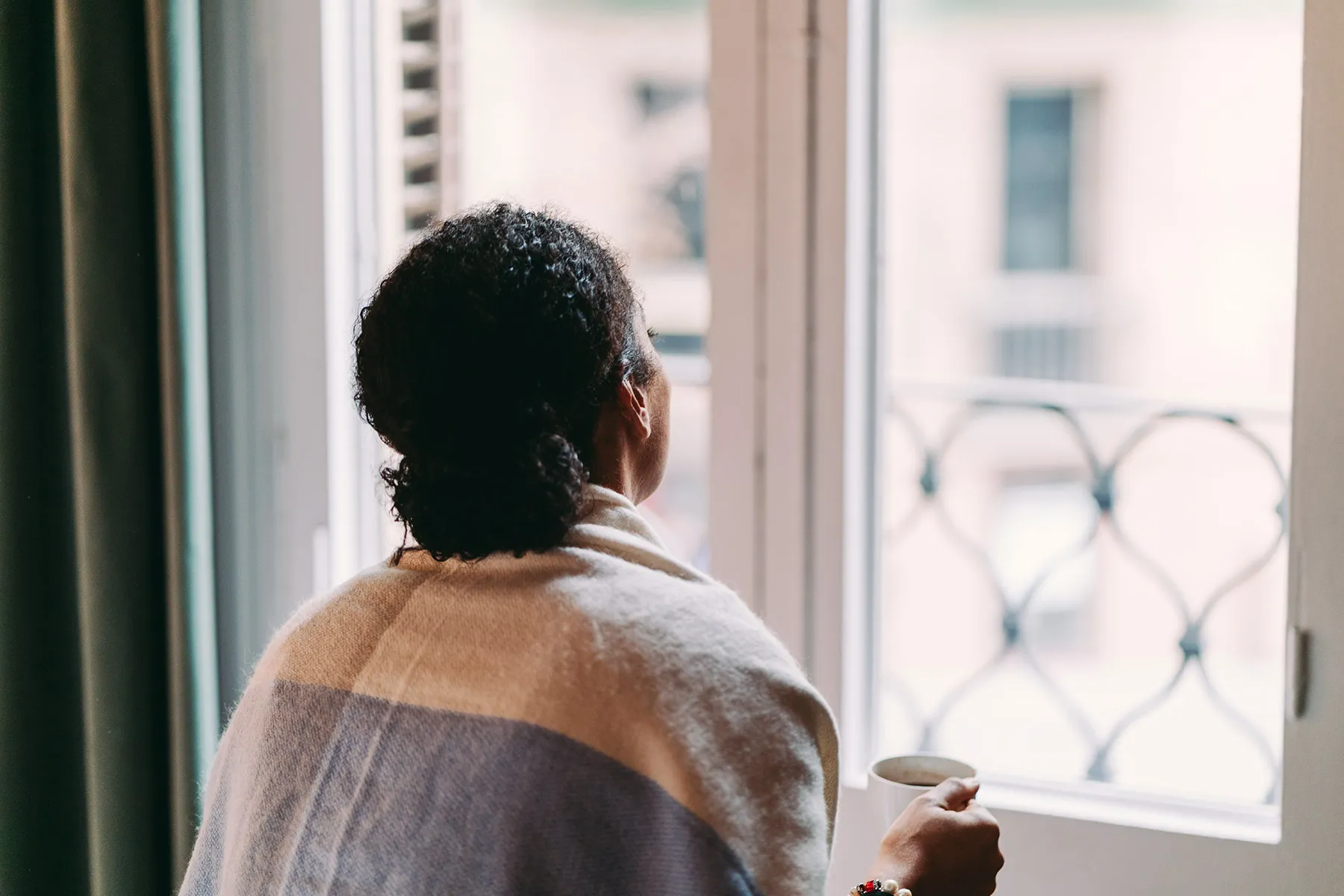
It can be overwhelming to be diagnosed with metastatic small-cell lung cancer. Here, three survivors share their stories.


"Clean" and “natural” cosmetics and skin care products are all the rage. But there are no definitions for either clean or natural from the FDA, which regulates cosmetics. Here's what to know about the beauty trend.

An expert shares new discoveries that are changing the lives of people with high cholesterol for the better.





One lung cancer patient explains why finding the right health care team is vitally important.
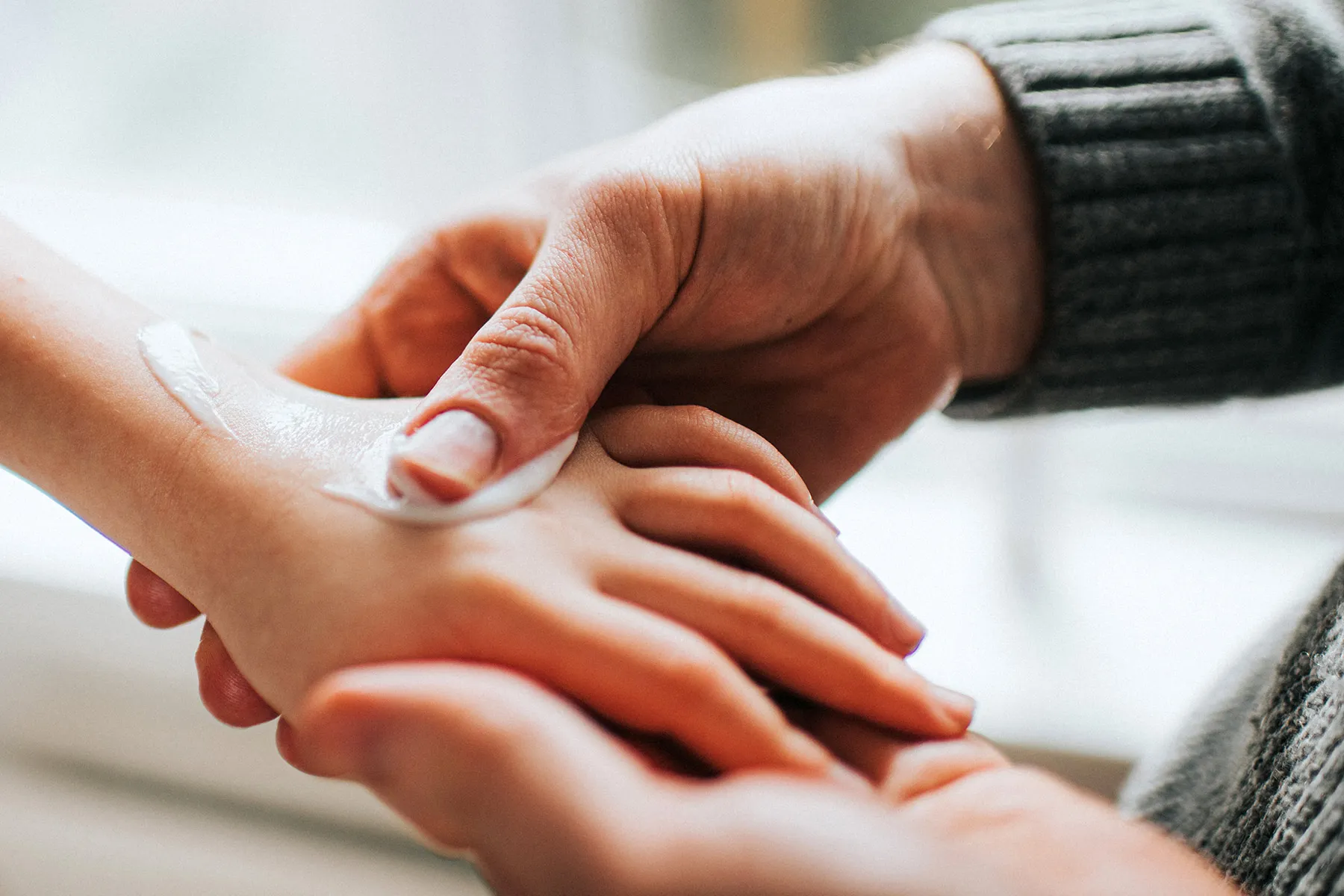
Living with atopic dermatitis often means living with itchy rashes and cracked, broken skin. Learn how to care for your skin and prevent further damage.
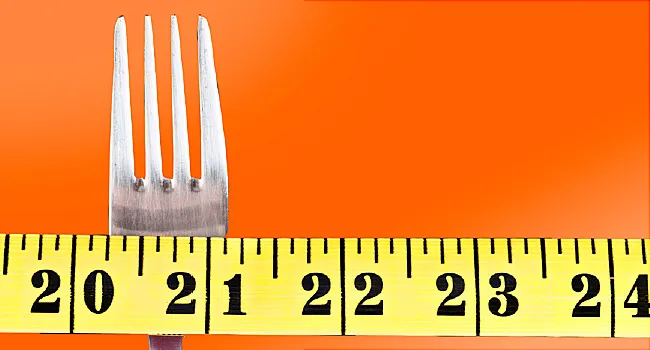
People who take weight loss drugs should not neglect diet and exercise. Here's what to know.